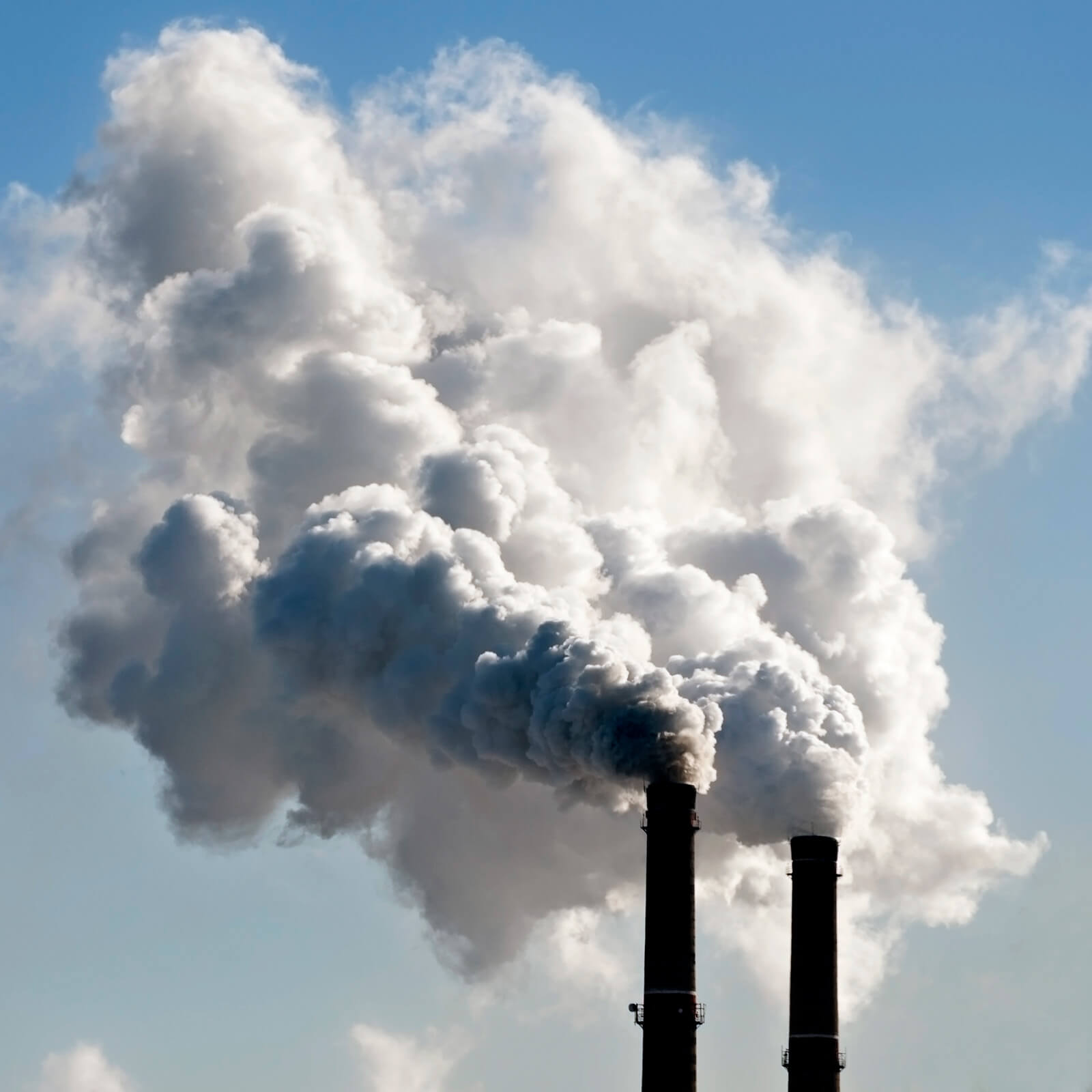
Sacrifice zone: the installation of industries has not meant more employment for the communities
Sacrifice zone: the installation of industries has not meant more employment for the communities
June 2022.- Pollution in these areas has not only damaged the marine ecosystem and the quality of agricultural land, affecting fishermen and farmers: added to this is the social deterioration in the communities, the permanent feeling of insecurity and hopelessness.
These are some of the findings recorded in the study “Zone of sacrifice: contamination, employment and health in Quintero and Puchuncaví”, by the Millennium Institute Foundations of Data (IMFD) and Telar Platform. The research was carried out in Loncura (Quintero commune) and Ventanas (Puchuncaví commune), and sought to learn about the different realities of a community that was forced to live in an environment highly polluted by industrial production.
“For a long time, the people of the area lived a learned hopelessness, without understanding the implications of the installation of the industries for their health and quality of life,” explains Sergio Toro Maureira, an associate researcher at the IMFD, an academic at the University of Concepción and one of the authors of the research. The researcher adds that “the awakening to this reality was thanks, in part, to the awareness of the new generations, who highlighted the negative effects of industrial production on the population.”
Other relevant findings are:
The installation of industries in the area has not had a positive correlation with greater employment in the communities. Most of the recruitment of the companies is to people who do not live in those areas.
Pollution problems only began to have national resonance from the year 2010, with episodes of poisoning in schools in the area.
The effect of the industry has not only been felt by people, but also by the marine ecosystem and the quality of the land, impacting fishermen and farmers.
Added to pollution problems is the social deterioration of the area, with a permanent feeling of insecurity and hopelessness.
In terms of methodology, the research combines the efforts of academics and students from different universities, from the areas of political science, computer science and statistics. We worked with semi-structured interviews in randomly selected homes in the communities of Loncura and Ventanas, in addition to the analysis of large volumes of information retrieved from the national press, acts of Congress and government information, on which advanced data science techniques were applied. data and AI.
Access the study here: Sacrifice zone: contamination, employment and health in Quintero and Puchuncaví
